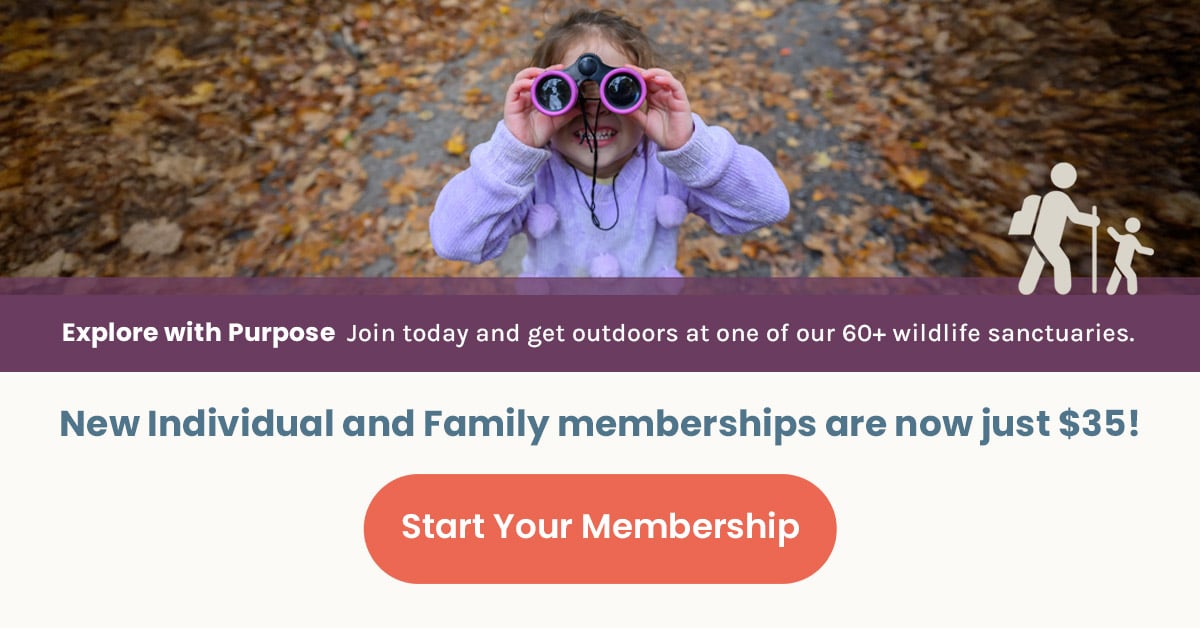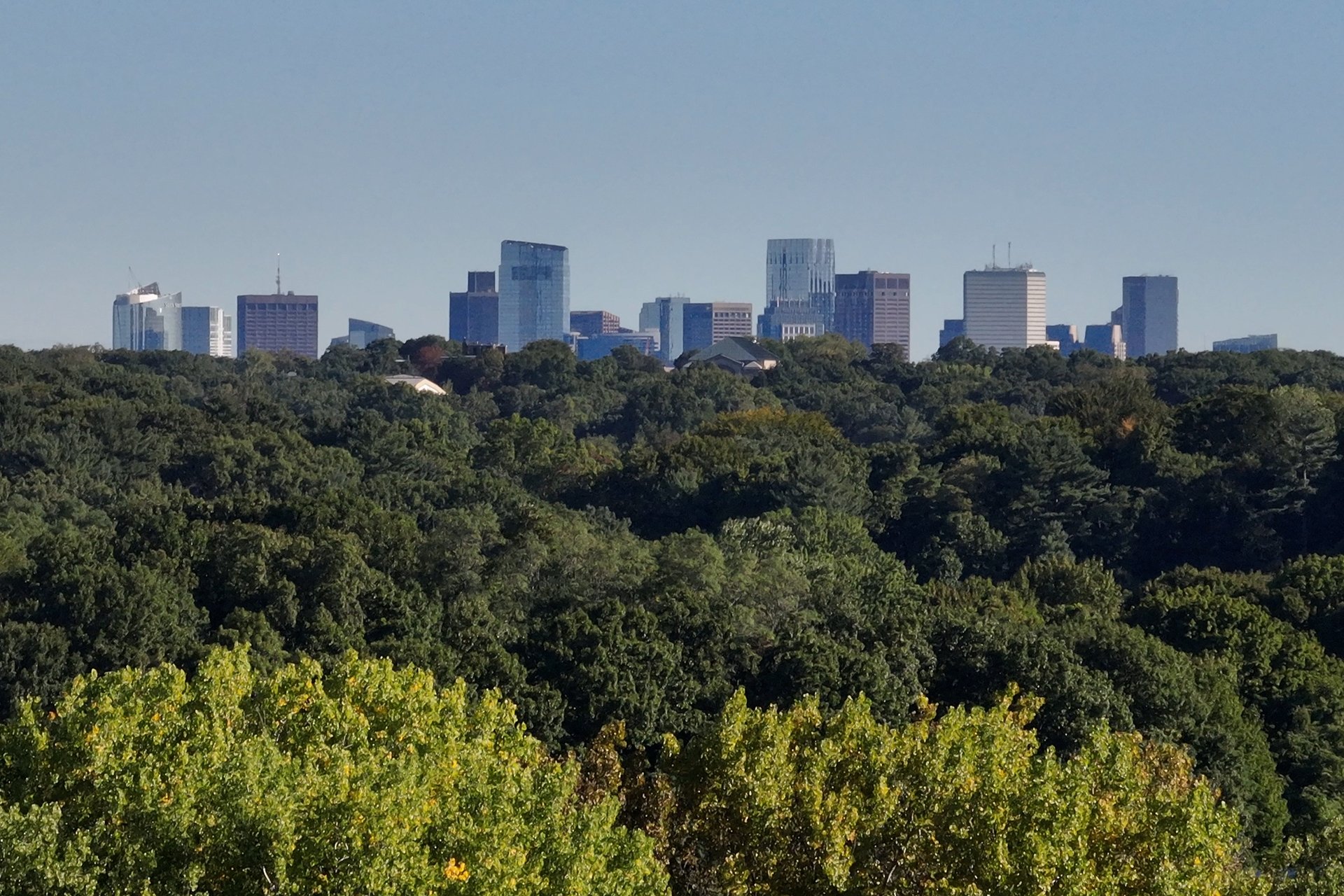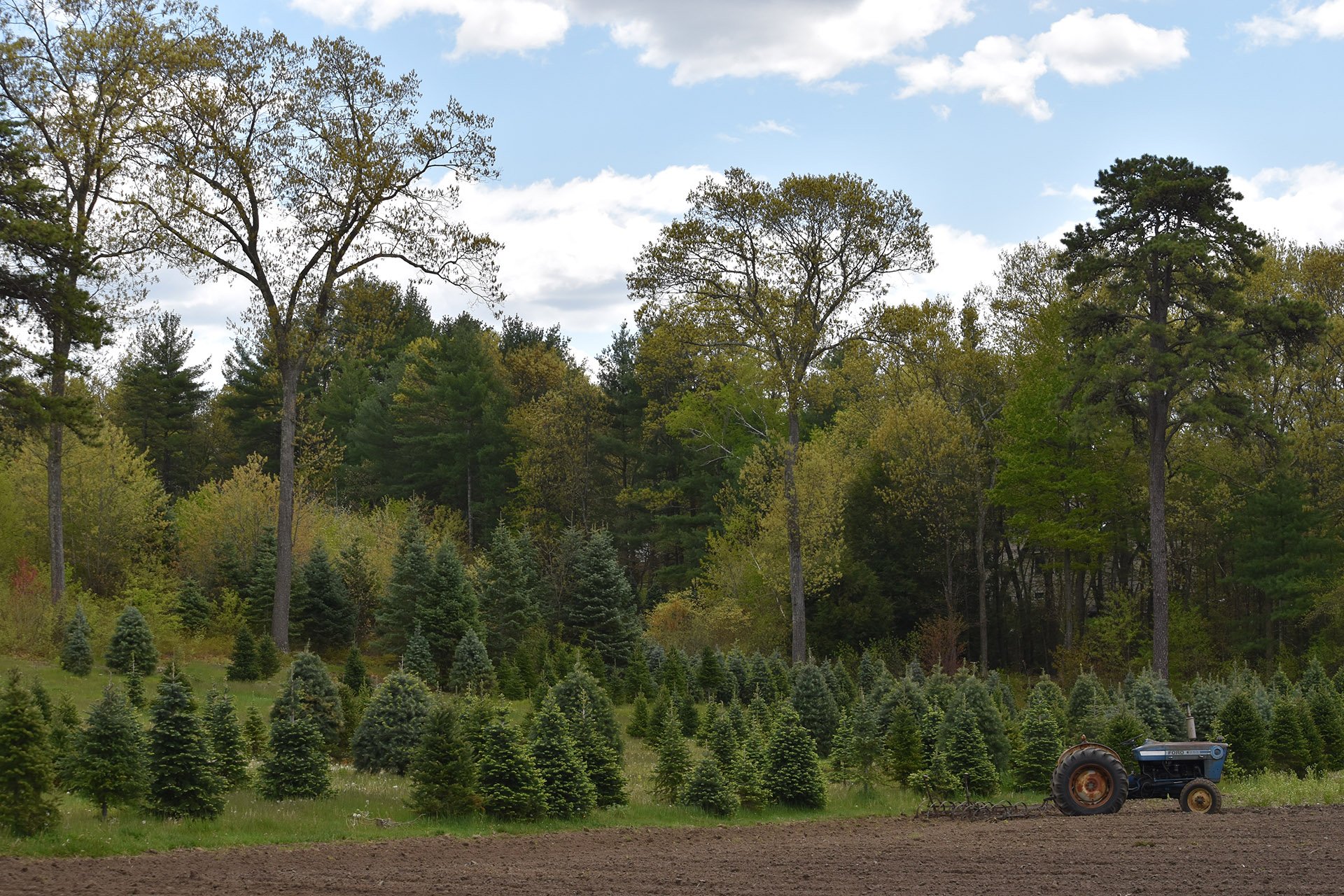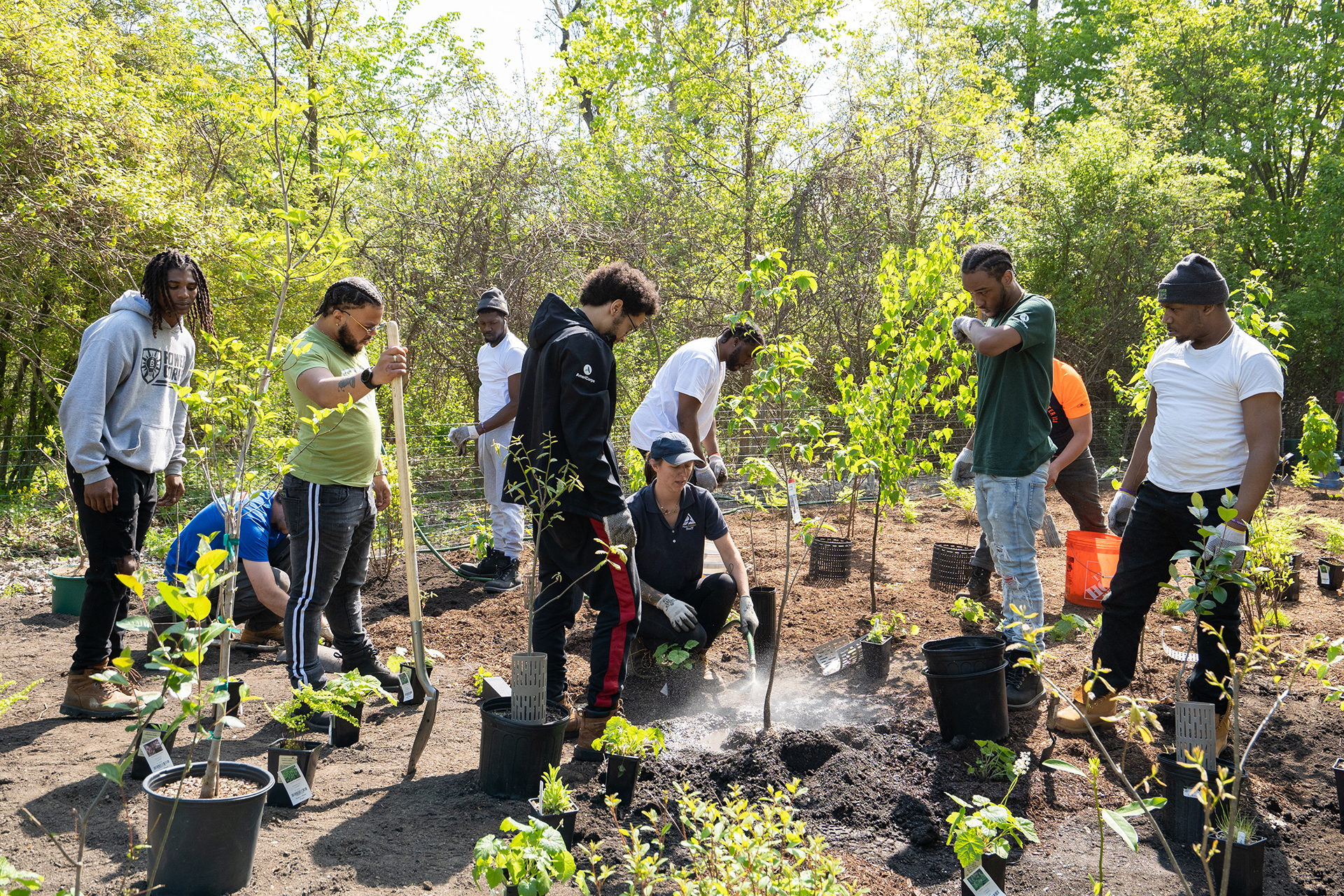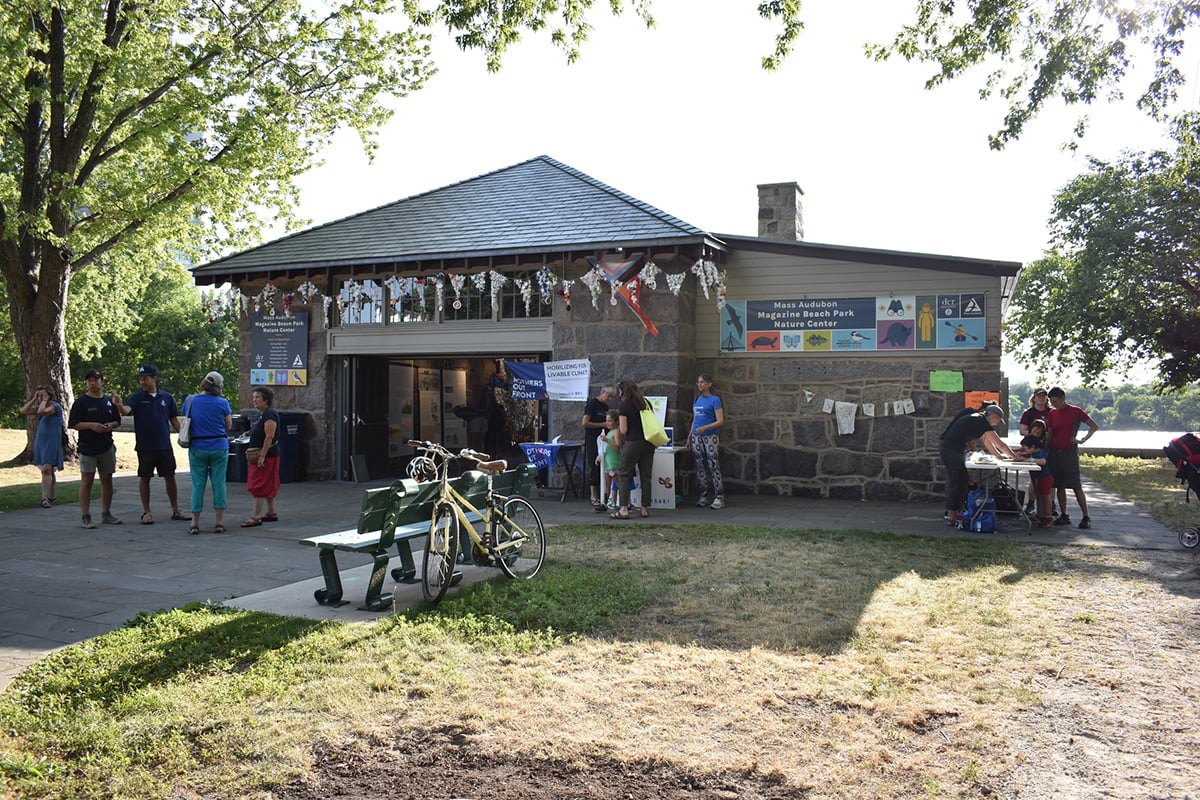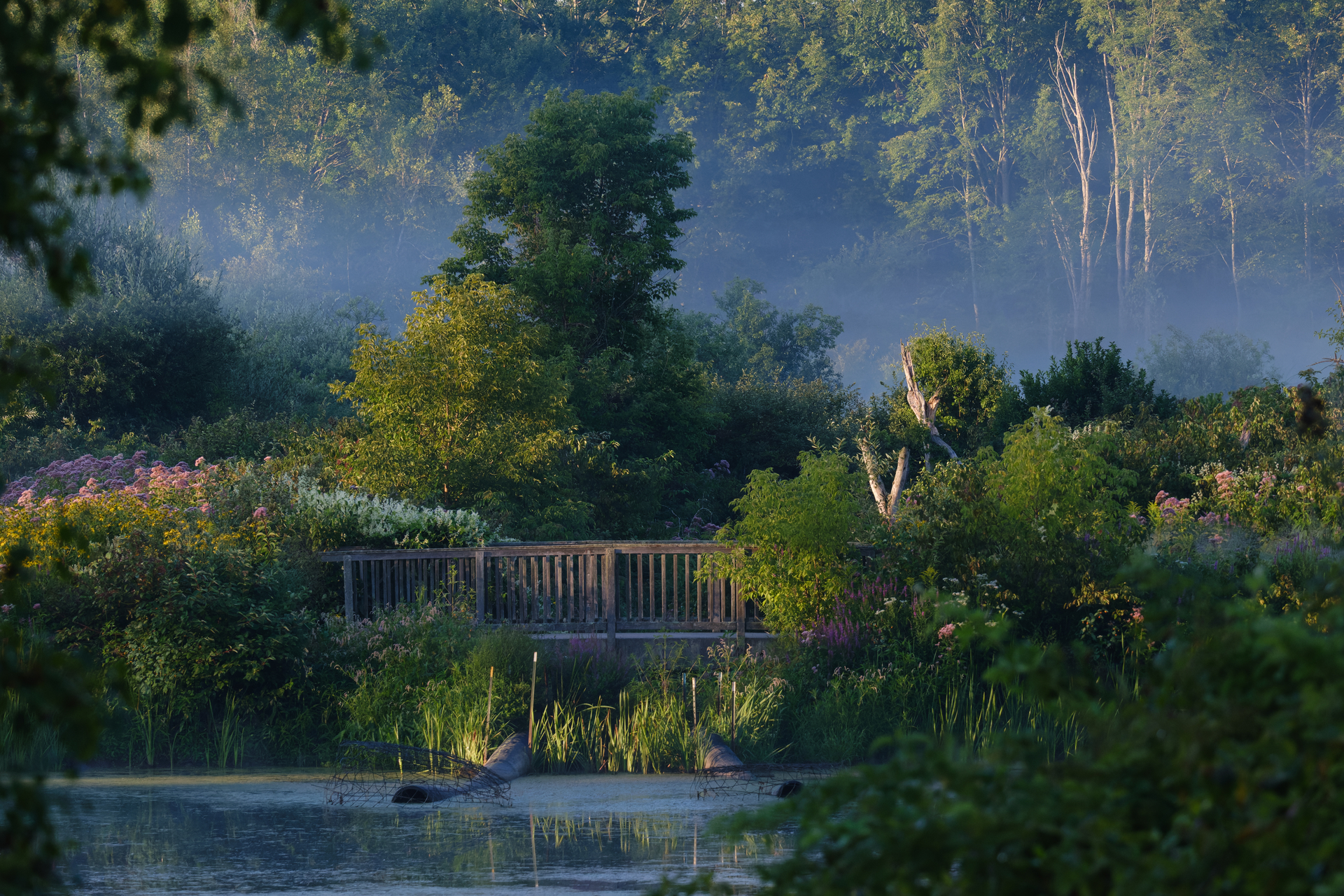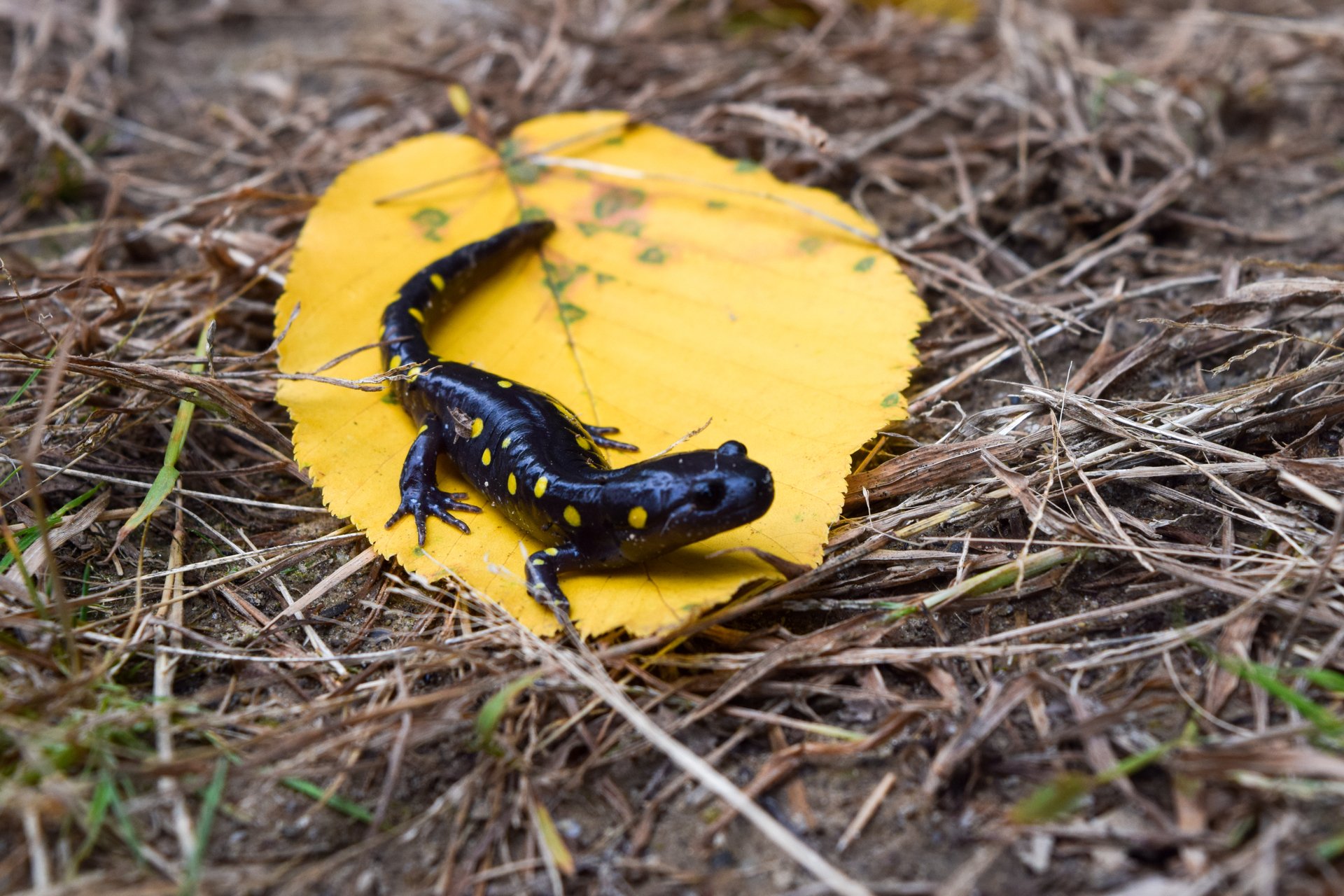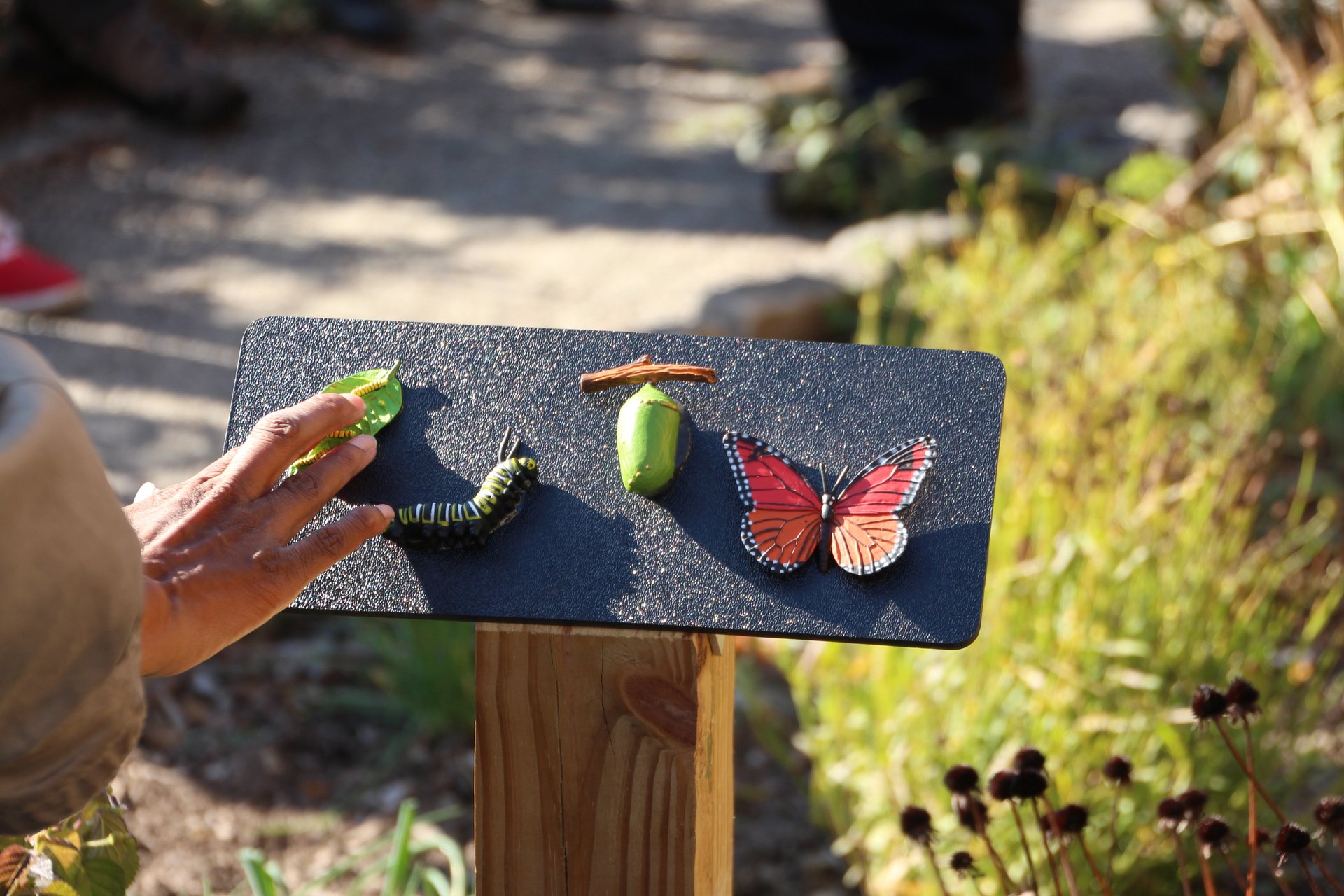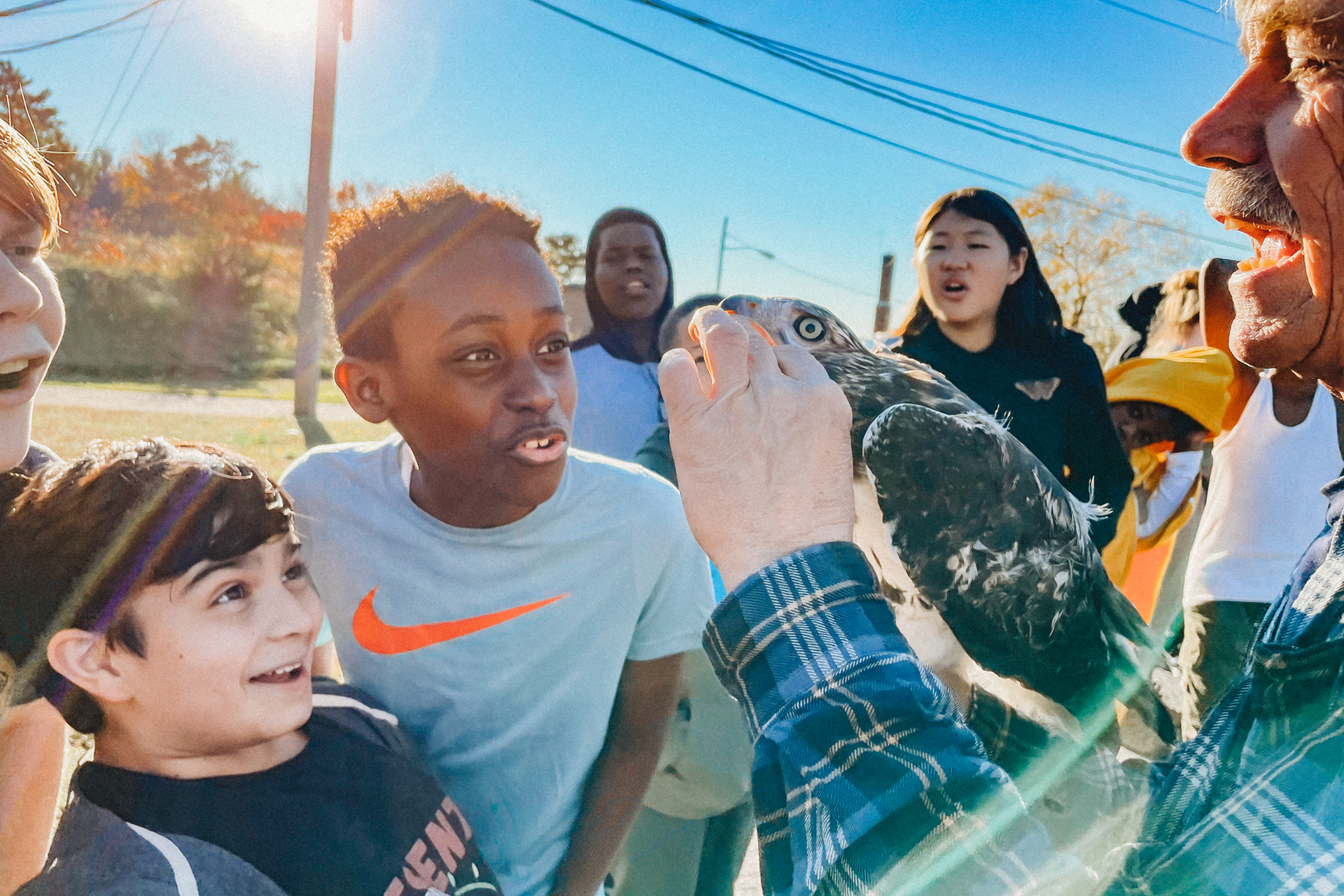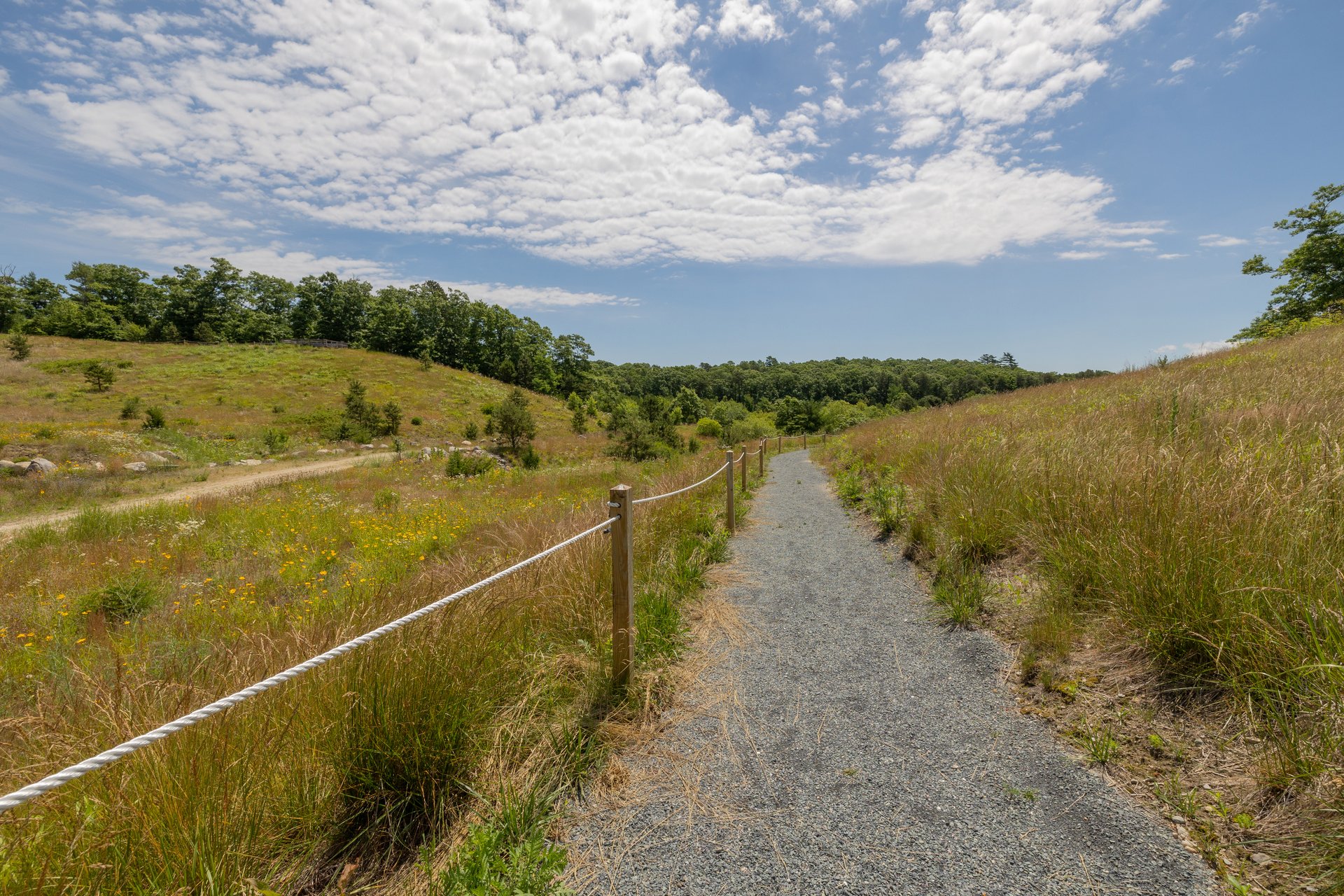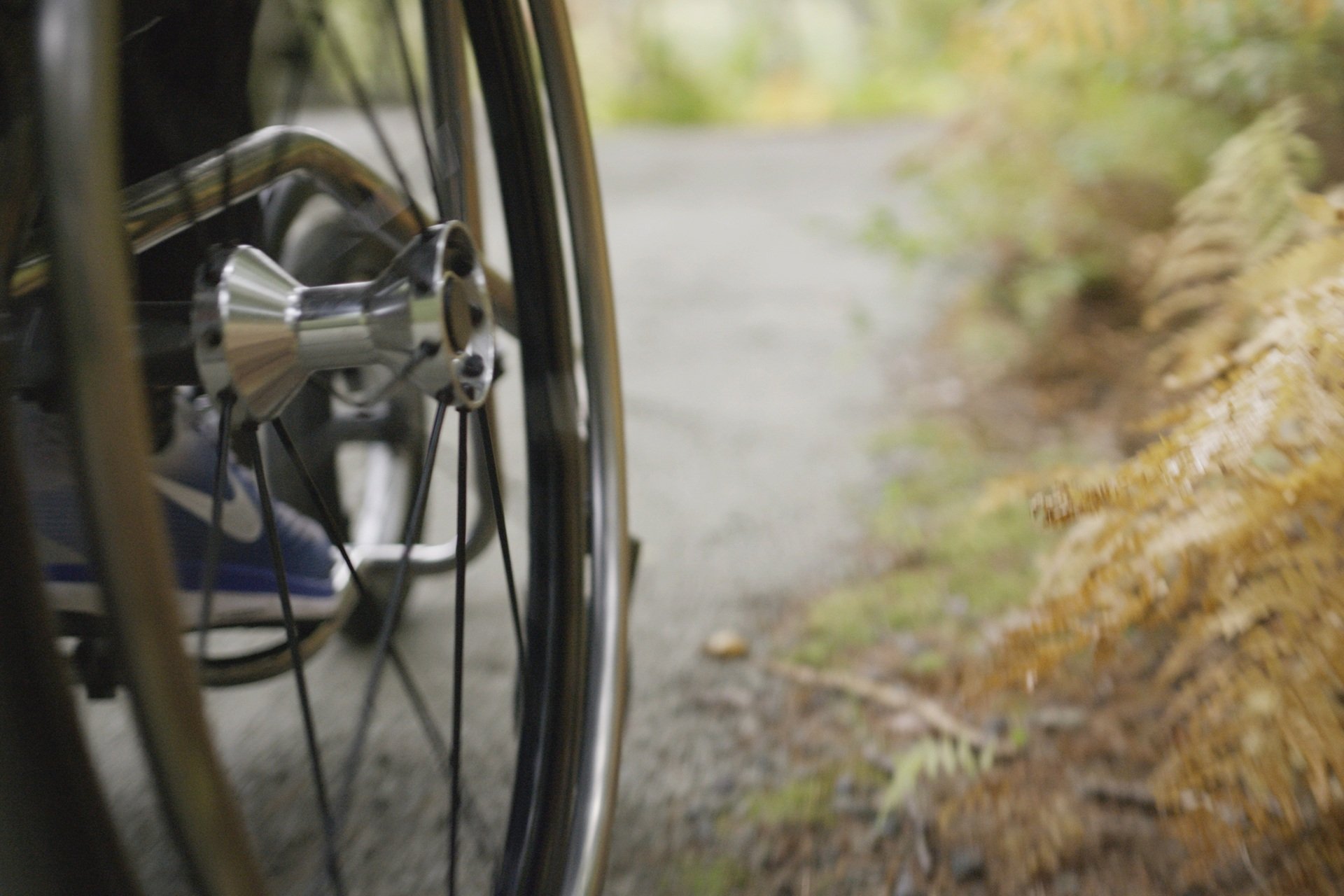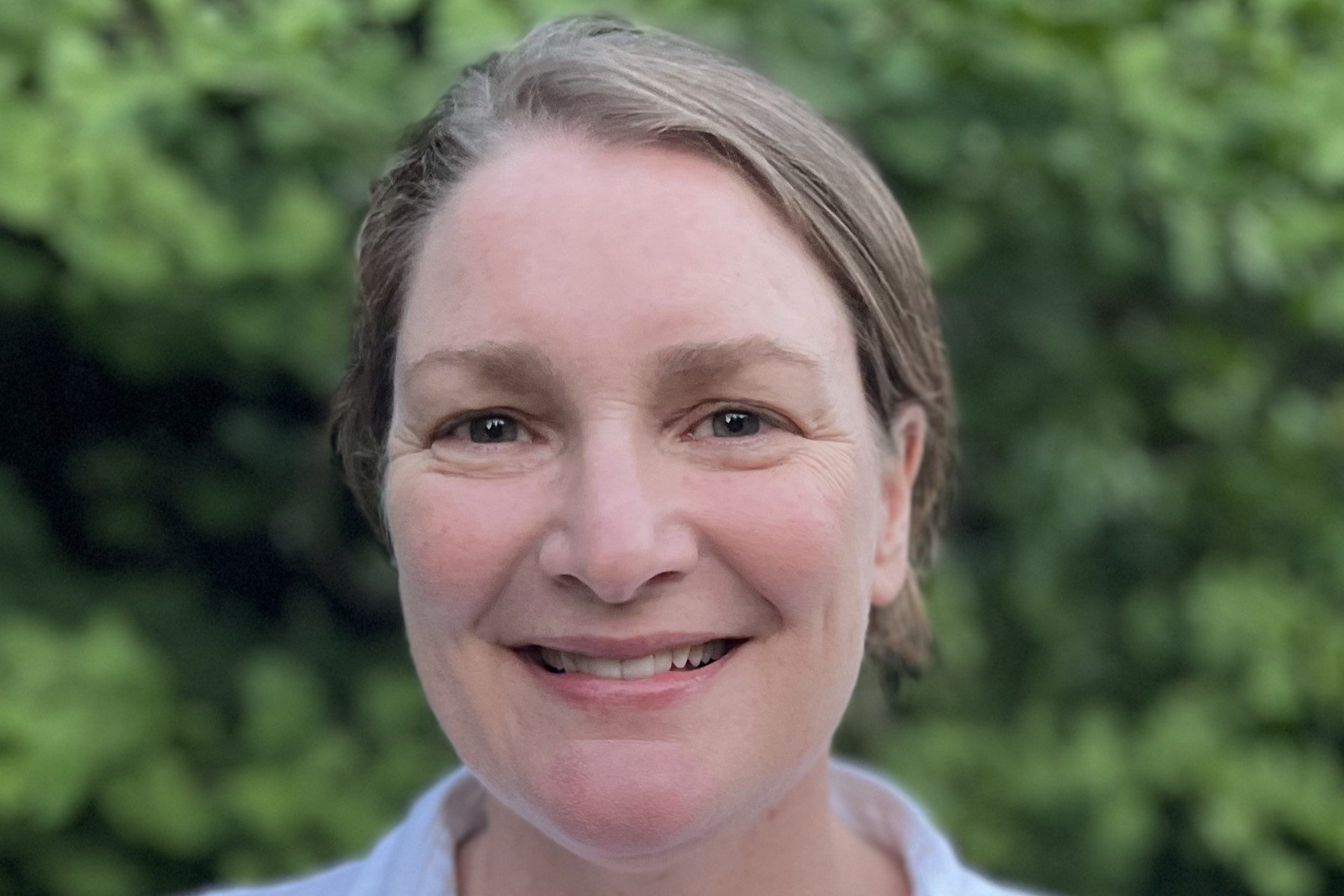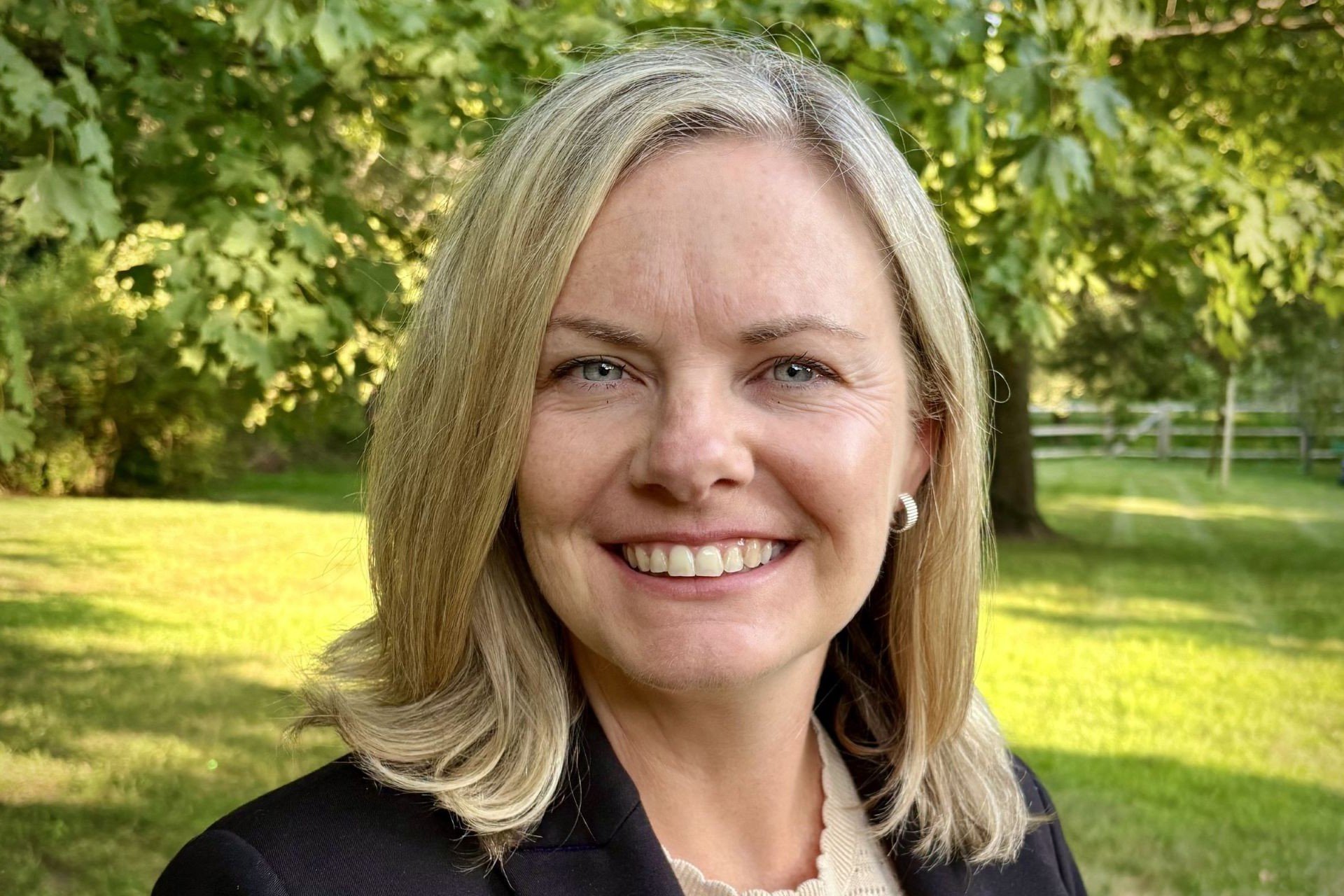Equitable Access to Nature
Mass Audubon is committed to increasing equitable access to nature for everyone, regardless of income, physical ability, or location. This includes access to greenspaces, environmental education, career opportunities, and more.
Why Equitable Access to Nature Matters
Everyone has a right to enjoy nature’s benefits—from clean air and water to shade and recreation. Unfortunately, many people face barriers that make it difficult for them to enjoy greenspaces. This could include too few community parks, limited transportation options, inaccessible design, or a lack of environmental education programs.
We must invite everyone to the conservation conversation to make effective, lasting change and can only achieve our goals collaboratively. That's why Mass Audubon is working to expand equitable access to nature for all.
What We're Doing to Increase Equitable Access to Nature
Our multi-faceted approach includes lifting the barriers to Mass Audubon wildlife sanctuaries while working with local communities and partner organizations to create more strategically located greenspaces.
In addition, we're making summer camps more affordable and bringing environmental education to school systems in disinvested communities throughout the state. And by expanding early career options, we can kickstart a growing workforce of young professionals with historically underrepresented identities in the conservation field.
What We're Doing
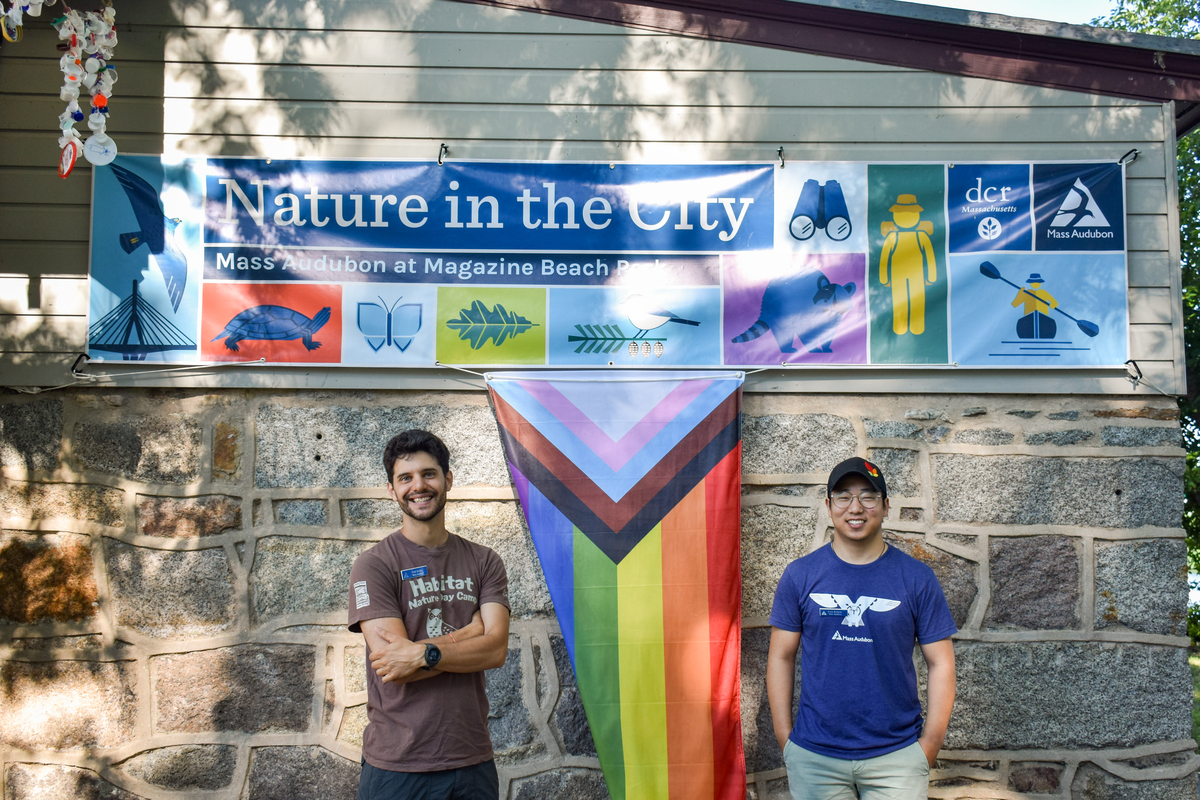
Nature in the City
Mass Audubon is working to increase and restore urban greenspaces in communities that have historically lacked access to nature.
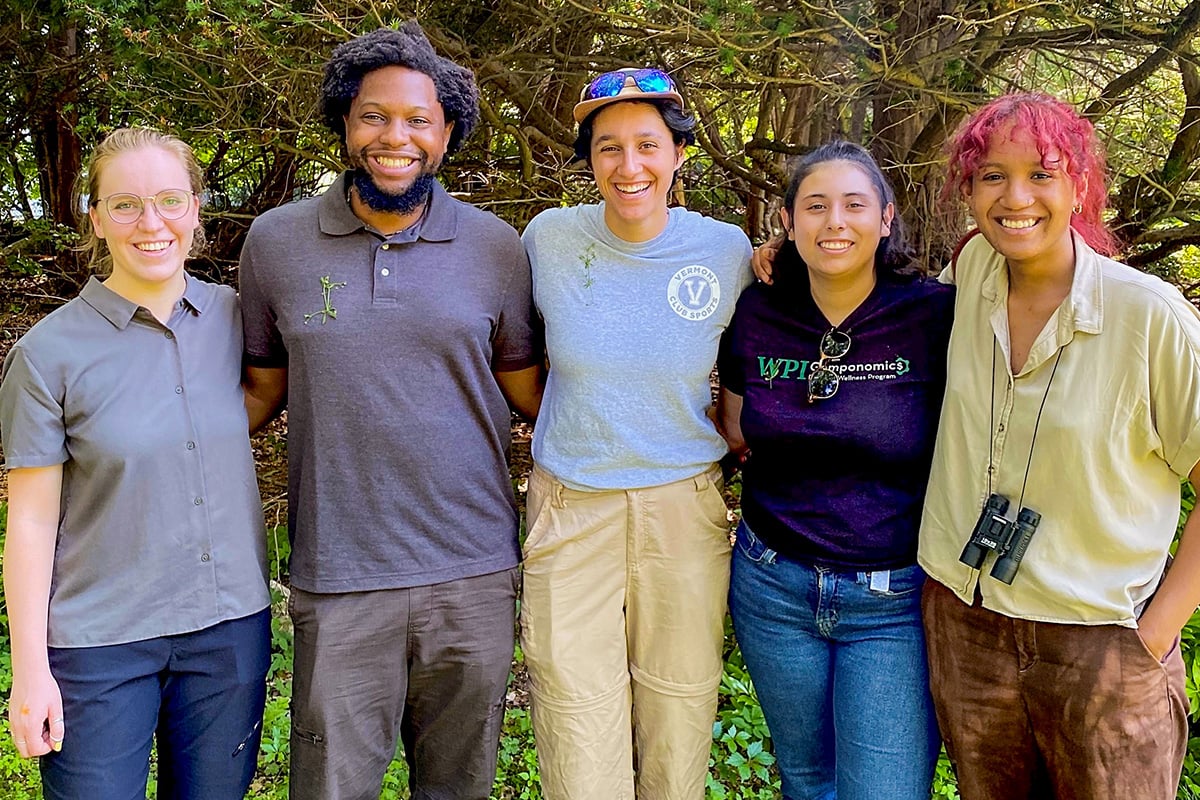
Early Career Programs
Young professionals with underrepresented identities in the conservation field are encouraged to apply to our growing early career programs.
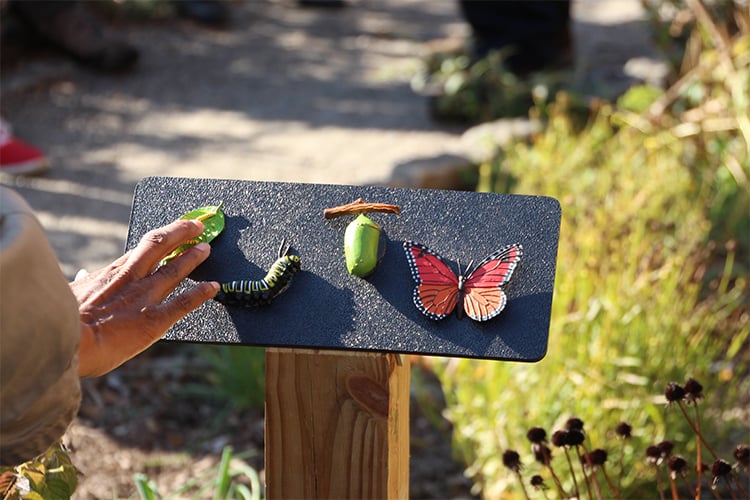
Making Nature Accessible
Our accessible wildlife sanctuaries, sensory friendly nature programs, and more invite everyone to join us in the great outdoors.
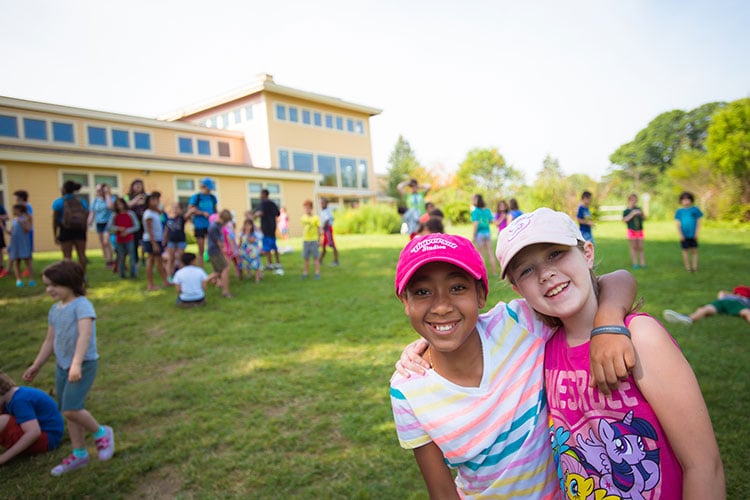
Camp for All Pricing
Sliding-scale tuition eases financial barriers so that every child can experience the wonders of nature camp.
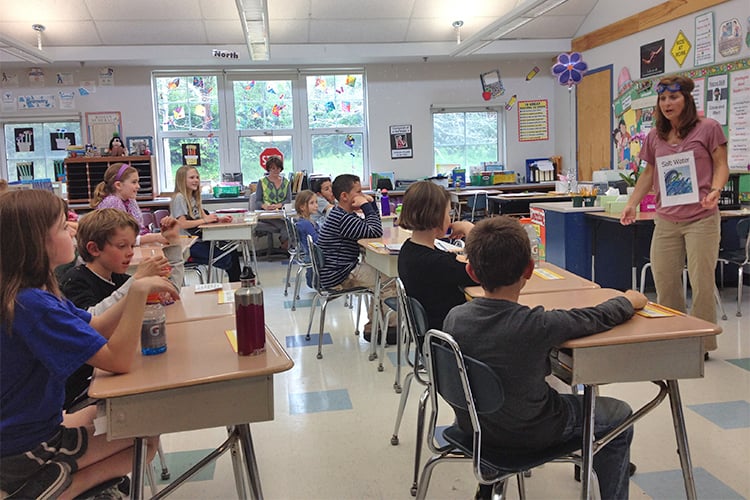
Broadening Nature Lessons
Mass Audubon is committed to providing high-quality environmental education to students in disinvested communities, in and out of the classroom.
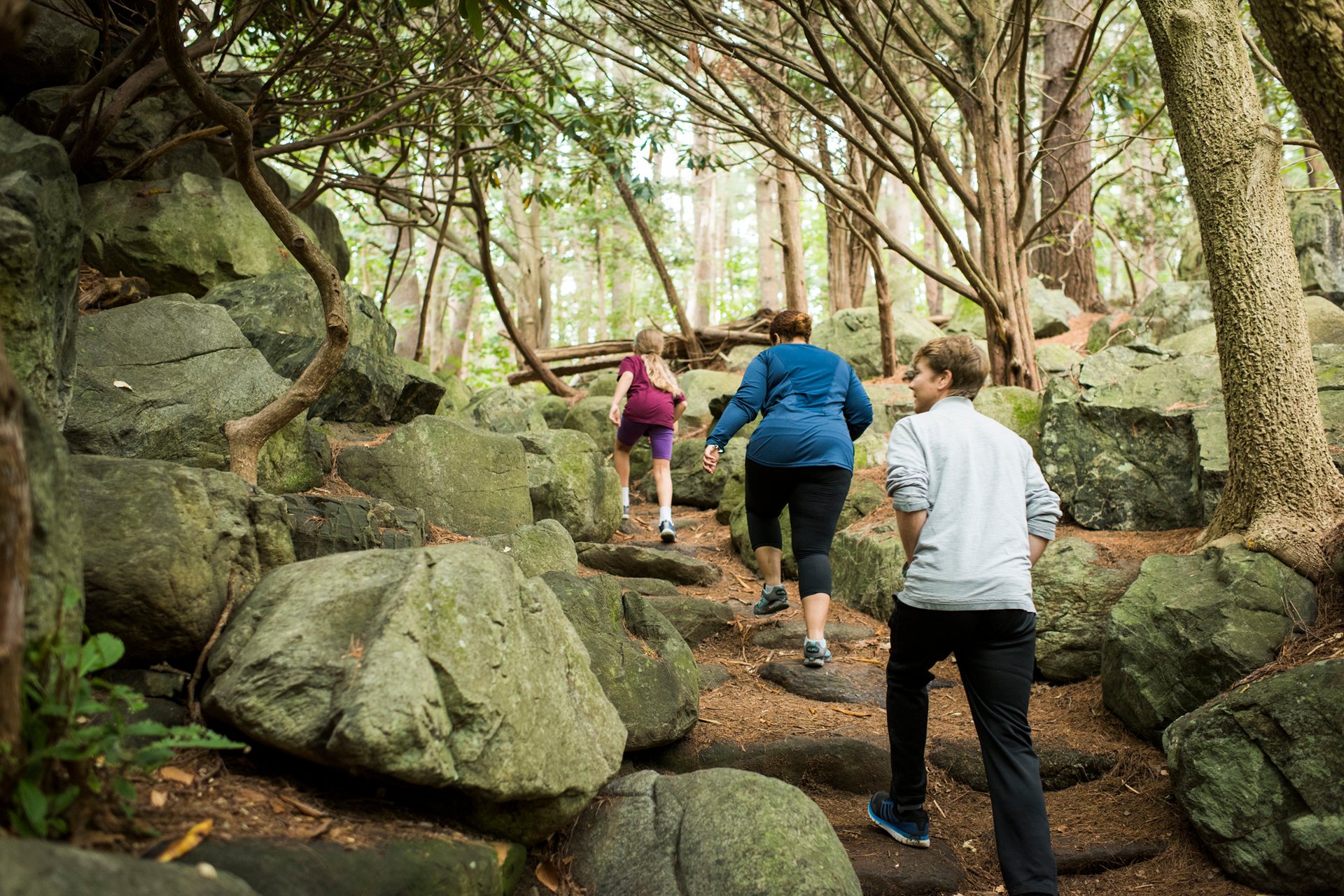
Expanding Access to Wildlife Sanctuaries
Free admission for select groups and accessibility features enables more people to get outdoors.
Our Goals
As we strive to protect the nature of Massachusetts, we will do so with an eye toward greater equity.
-
20
New urban greenspaces including 3 new wildlife sanctuaries
-
$2 million
Scholarships awarded to low-income families for nature education and camps.
-
300,000
Children who will benefit from our education, preschool, and camp programs.
Latest News
See MoreNew All Persons Trail Planned at Felix Neck
Keep ReadingMass Audubon Hires Fran Blanchard as Chief of Sanctuaries and Education
Learn MoreMass Audubon Hires Adrienne Frazier as New Chief Financial and Administrative Officer
Learn More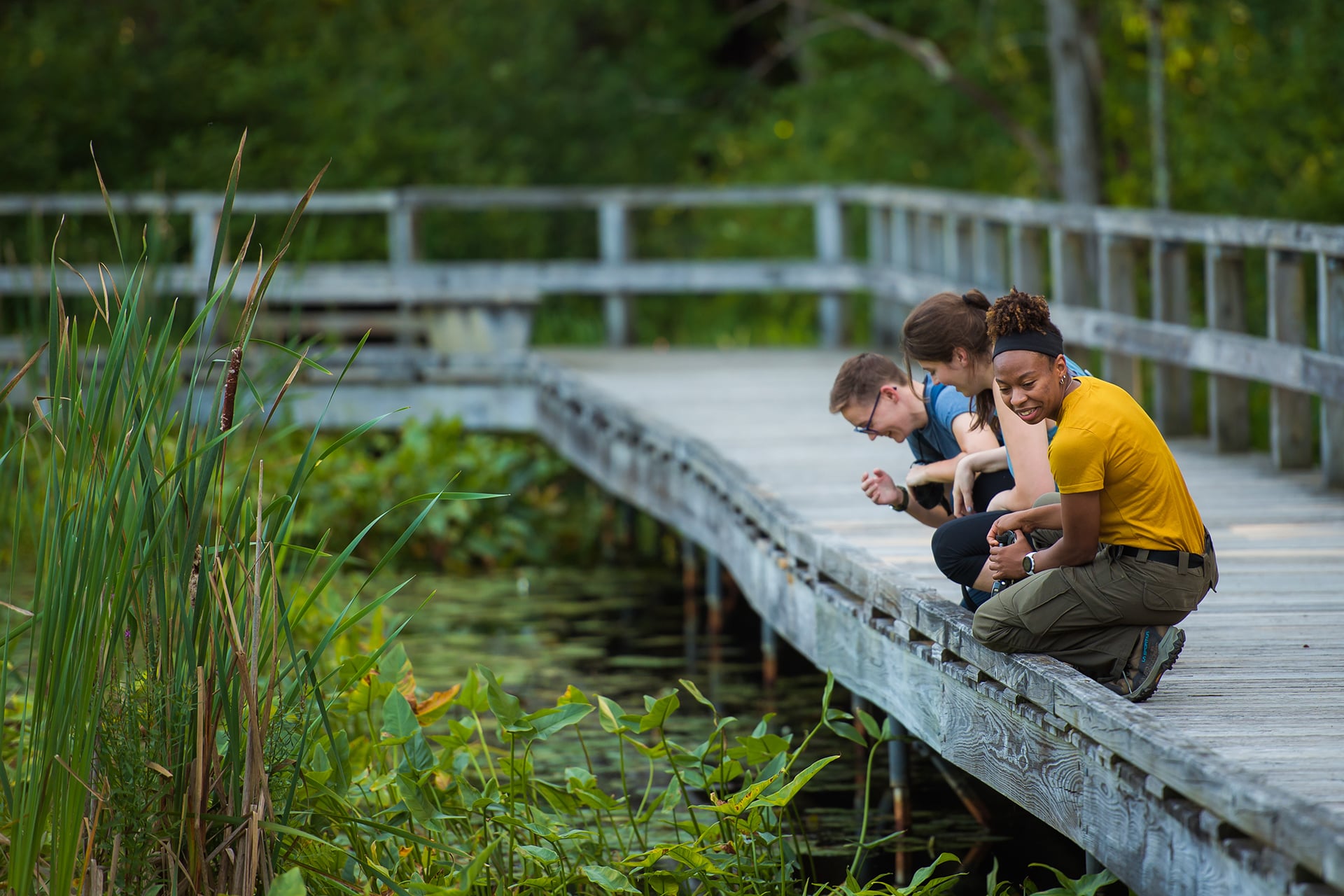
Take Action
We need your curiosity, commitment, and passion to ensure that our lands become more resilient, that more people than ever experience the magic of nature, and that we fight climate change—now and in the future.
Stay Connected
Don't miss a beat on all the ways you can get outdoors, celebrate nature, and get involved.


